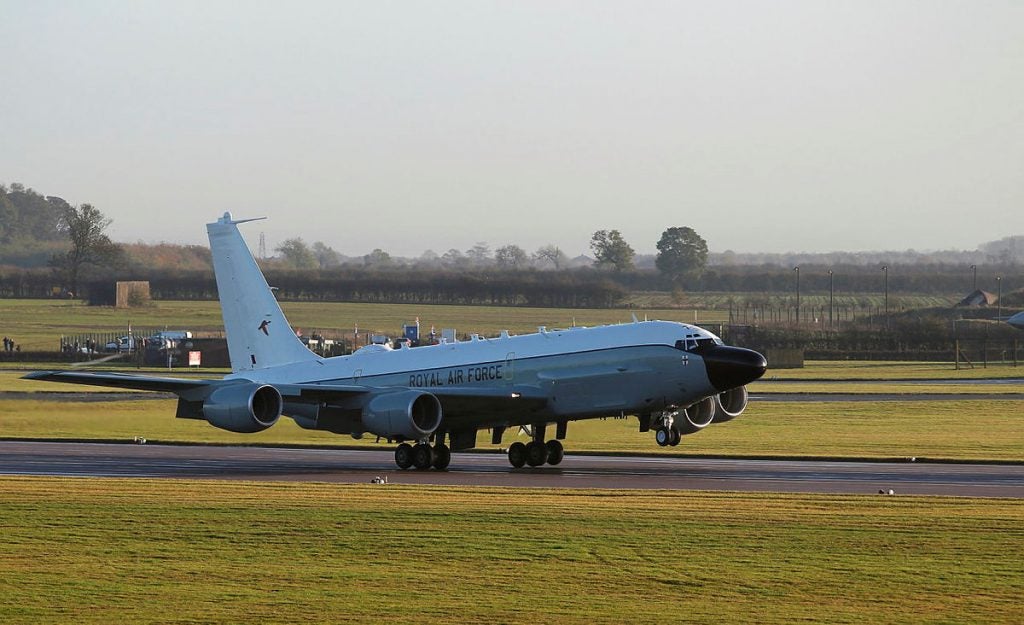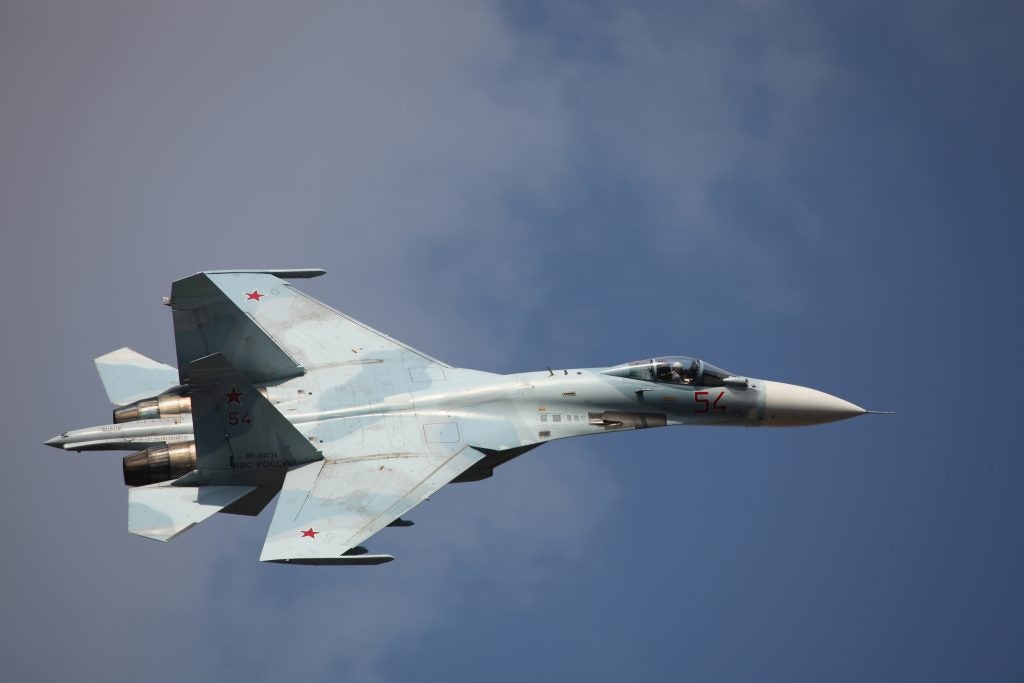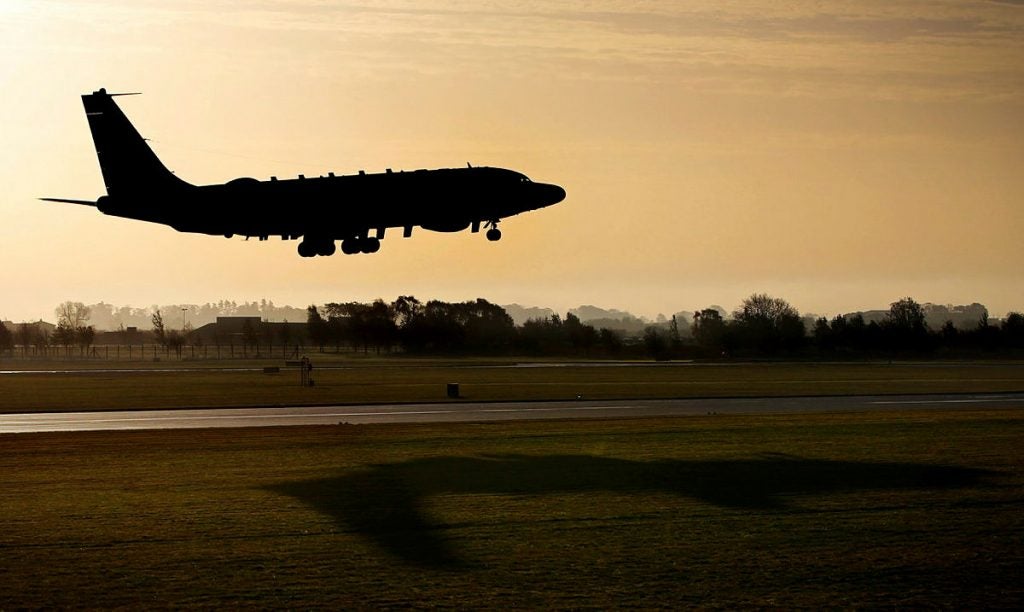British Government Says Russian Aircraft Fired Missile Near British Spy Plane
Addressing Parliament the UK’s defense secretary Ben Wallace revealed that in a September 29 incident, a Russian SU-27 fighter fired a missile in the vicinity of an RAF RC-135 Rivet Joint electronic surveillance aircraft. The British aircraft was unarmed and operating in international airspace over the Black Sea; it was shadowed by the Russian plane for about 90 minutes. The missile was fired beyond visual range of the RC-135.

The defense secretary stated that the launch was likely accidental and was not a deliberate attempt to escalate tensions. Wallace had directly contacted Russian defense minister Sergei Shoigu to express concern over the incident after which Russia began an internal investigation into the matter. Russian authorities then informed the British on October 10 that they concluded the missile was released due to a “technical malfunction”. The fact that information about the incident was only revealed now also suggests that the British government wanted to limit the impact of the incident.

According to Wallace:”
“We don’t consider this a deliberate escalation by the Russians, our analysis would concur it was a malfunction. However, it is a reminder of quite how dangerous things can be when you choose to use your fighters in the manner that the Russians have done over many periods of time.”
This incident is part of a larger string of reckless Russian behavior in the air, much of which was common for years before the invasion of Ukraine. According to Wallace, Russian aircraft often shadow British and NATO planes flying in international airspace and sometimes make dangerous approaches; the defense secretary recalled one incident where a Russian plane got as close as 15 feet (4.5 meters) to a NATO aircraft.
In response to the most recent incident, secretary Ben Wallace informed that all British reconnaissance flights over the Black Sea now include armed escorts.

